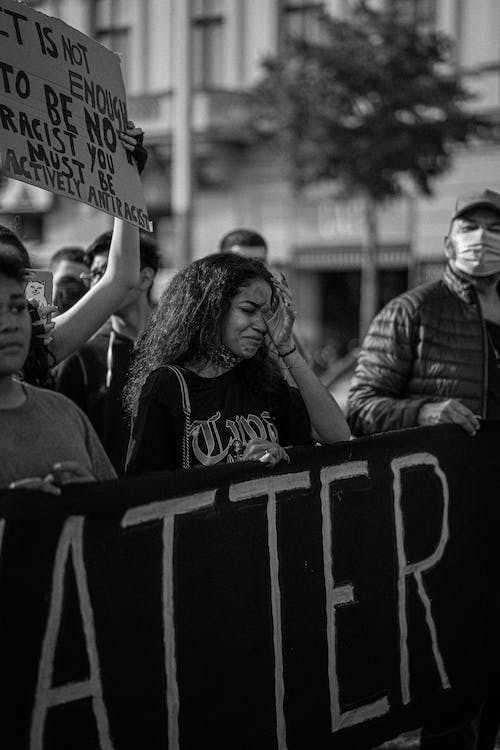
The Journey
For helpful resources on every stage of the journey to understanding and dismantling racism, click one of the links found here:
Vision Statement
Members
Co-Chairs: Rev. Michael Nailor, Deacon and Canon Micalagh Moritz
Chaplain: Rev. Linda Watkins
Clerk: Sharon England, St. Paul’s, Harrisburg
Ford Brooks, St. Andrew’s, Shippensburg
Emma di Pace, St. John’s, Lancaster
High Garst, St. Stephen’s, Harrisburg
Andrew Hermeling, St. James, Lancaster
The Rev. Dina Ishler, St. Matthew’s, Sunbury
The Rev. Bradley Mattson, Hope Church, Manheim
The Rev. Rebecca Myers, St. Paul’s, Harrisburg
Lissa Olson, St. James, Lancaster
Sarah Reid, Trinity Pro-Cathedral, Williamsport
The Rev. Lo Selles, St. Stephen’s, Harrisburg
Mission
- Raise awareness that systemic racism and white supremacy exist here.
- Motivate to take action in addressing systemic racism.
- Equip with information, tools, and best methods to combat systemic racism.
- Provide opportunities to disrupt systemic racism and repair relationships
Goals
- Central PA Episcopalians (even those all-white congregations and mostly or all white communities) will have a common understanding of the impact of white supremacy and privilege in the Christian community, the history of racism in our country, and the way that our country has been shaped and continues to be shaped by the sin of racism.
- Central PA Episcopalians will understand the connection between our baptismal covenant and the eradication of systemic racism.
- The Beloved Community (PDF Link) will be seen as integrated into our identity as the baptized in Christ.
- Central PA Episcopal Churches will be open and affirming places for people of all races to worship and serve, praising God and being nurtured by the Sacraments and the strength of our parish communities.
- Central PA Episcopal Churches will be safe places in our cities and townships where people of all races and ethnicities know that they will be valued and welcomed, and our parishes will serve as leaders in civic arenas for creating, modeling, and advocating for Beloved Community.
- Central PA Episcopal Churches will be staffed by clergy and lay leaders without discrimination based on color, race, or ethnicity.
- Central PA Episcopalians will have recognized the pain and damage towards non-white people in our past and will have made reparations in good faith.
- Diocesan staff will include employees who are non-white.
- Central PA Episcopalians will recognize that the Beloved Community is always becoming, and so the work of transformation will be ongoing and extended towards all generations of people of faith in our churches.

Charge
- Identify and define the problem of racism as it exists in Central Pennsylvania, specifically within our ecclesiastical structure (parishes and programs, diocesan structures and staff).
- Articulate a Vision of the Beloved Community in our local context.
- Establish and communicate a series of clear steps to achieve the Vision (including but not limited to: spiritual formation, education, expression of personal and institutional narratives, development of projects and programs, re-working of institutional structures, diocesan-level implementation of policy, program, and funding, etc.)
- Create a plan for implementation with a timeline and budget.
- Hold this work in a context of building relationships, engaging in prayerful contemplation, personal commitment, theological and scriptural reflection and faithful hope.
- Report quarterly to all who are identified as People of Color. The reporting should occur before the quarterly report to the Council of Trustees.
The Journey
For helpful resources on every stage of the journey to understanding and dismantling racism, click one of the links found here:
